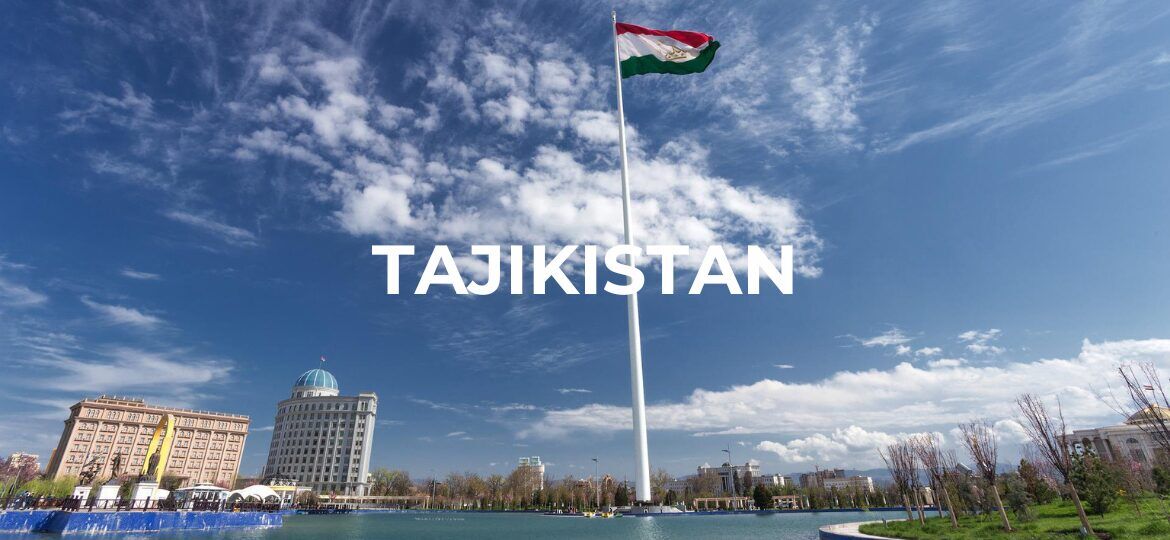
This month, our attention turns to Tajikistan, where the Pamiri Indigenous Peoples face unprecedented and systematic repression. Since peaceful protests in the Gorno-Badakhshan Autonomous Oblast (GBAO) in 2021 and 2022, authorities have intensified their operations, killing dozens, arbitrarily detaining hundreds, shutting down civil society organisations, and targeting Pamiri language, culture, and religious life. Recent reports are particularly alarming: at least four Pamiri activists have died in custody in 2025, denied access to basic medical care.
Pamiris, who make up less than 3% of Tajikistan’s population, have also faced transnational repression, with activists forcibly returned from Russia and handed long prison sentences. Thousands have fled the GBAO in recent years, seeking refuge in Europe, North America, and beyond. Civic space in the country is now officially rated “closed” by the CIVICUS Monitor, and patterns of persecution may amount to crimes against humanity.
The recent International Day of the World’s Indigenous Peoples is a reminder that these violations are part of a broader global struggle faced by Indigenous communities, from South America to Central Asia. While much international attention focuses on Latin America, it is vital to also amplify the voices of Pamiri defenders and demand accountability for ongoing abuses in Tajikistan.


